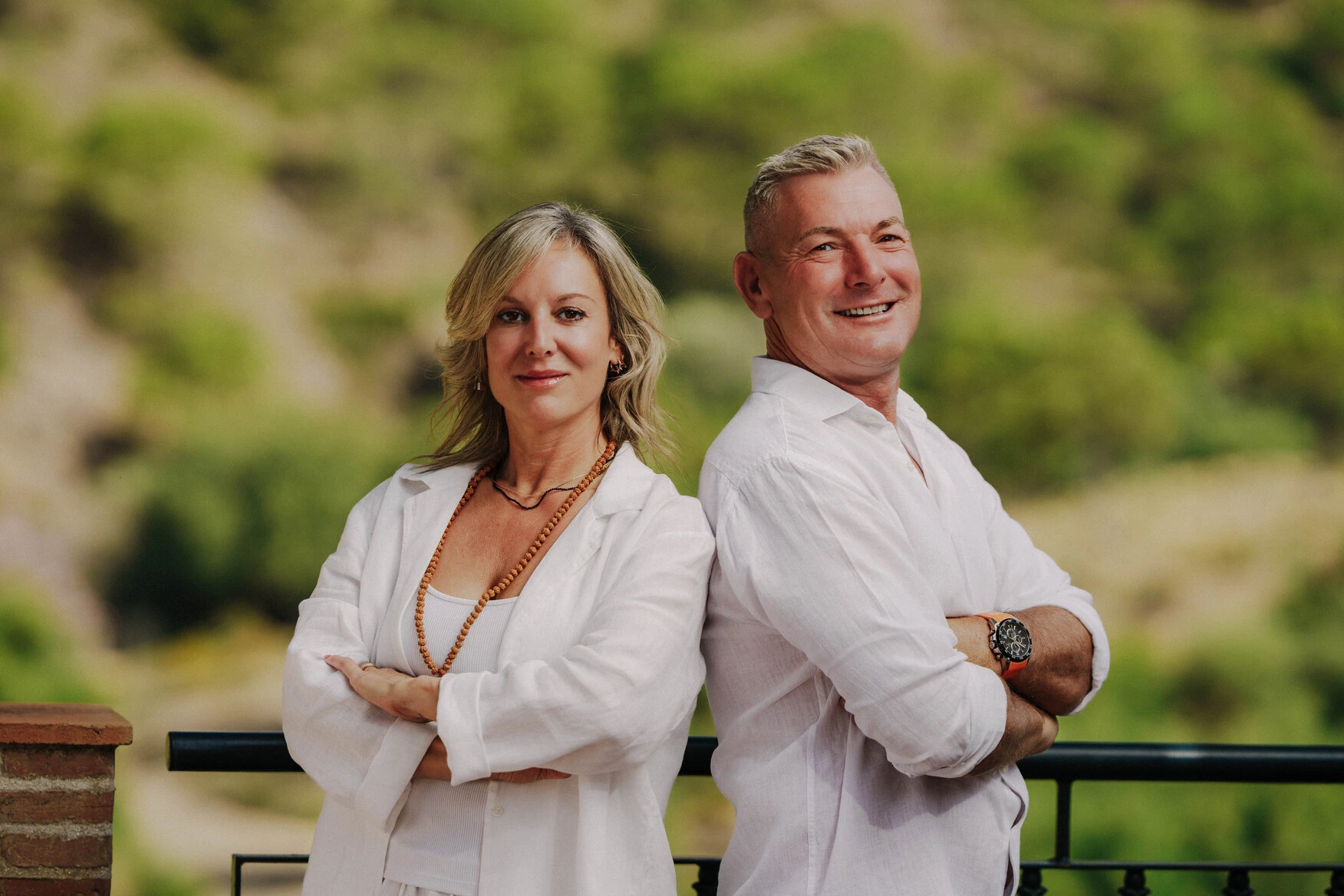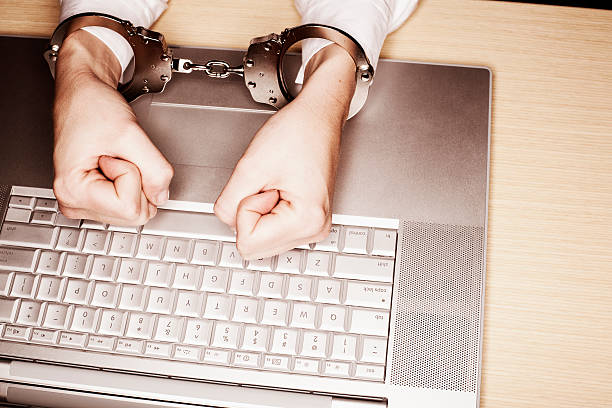
When you’re working hard to recover from addiction, relapse can feel devastating, like you’ve failed yourself and everyone who believed in you. But here’s a truth that isn’t talked about enough: relapse does not mean the end of treatment. For many, it’s actually part of the long, difficult and very real process of recovery.
In fact, studies show that around 60% of people in recovery will experience at least one relapse. It’s not a sign of weakness or a lack of willpower, it’s a sign that recovery is complex, that healing takes time, and that you’re human.
Why Relapse Happens?
Addiction is a chronic condition, similar to diabetes or heart disease, and like those illnesses, it often comes with setbacks. Relapse can happen for many reasons:
- Stress and Emotional Triggers. Life stressors, unresolved trauma, and overwhelming emotions can push someone back toward old coping habits.
- Environmental Cues. Being in places or with people linked to past substance use can awaken cravings.
- Complacency. Feeling “cured” and letting go of routines, support groups, or healthy habits can make someone vulnerable.
- Underlying Mental Health Issues. Depression, anxiety, and other mental health conditions can trigger a return to substances if left untreated.
The important thing to understand is that relapse is not inevitable, but it is common. And when it happens, it’s not a sign you can’t recover, it’s a sign you need to adjust your plan.
Changing the Way We See Relapse
Too often, relapse is treated like a failure. You might feel ashamed, judged, or hopeless, which can push you further into destructive patterns. But in reality, relapse is feedback, not finality. It shows where the recovery plan needs strengthening, whether in coping strategies, environment, mental health care, or aftercare support.
Think about it this way: if you were learning a new skill and stumbled, would you give up completely? Of course not. You’d learn from what went wrong, adjust, and keep practicing. Recovery is the same.
You don’t measure success by never falling, you measure it by how many times you get up.

What to Do After a Relapse
If you or someone you love has relapsed, it’s essential to act quickly but compassionately.
- Let Go of Shame. Relapse is not a moral failing. It’s a sign that more support or different strategies are needed.
- Reach Out Immediately. Contact your therapist, sponsor, or treatment provider to talk openly about what happened. At InnerLife Recovery, we offer a lifetime aftercare and relapse prevention plan.
- Identify the Triggers. Understanding what led to the relapse helps you address it head-on.
- Recommit to Recovery. Whether that means returning to a program, increasing therapy sessions, or revisiting a 12-step group, re-engage with your support systems.
- Adjust Your Plan. Strengthen the areas that left you vulnerable. This might mean improving stress management, creating more structure, or seeking additional mental health care.
InnerLife Recovery: We’re Here for the Whole Journey
We understand that addiction recovery isn’t always a straight line. Some people come to us for their first step into sobriety. Others come back after stumbling along the way. We meet each person with compassion, not judgment, and we focus on creating stronger, more personalized recovery plans to help you keep moving forward. We offer:
- Comprehensive addiction, mental health and eating disorder treatment
- Relapse prevention planning and lifetime aftercare support
- Trauma-informed therapy and holistic healing
- A safe, private environment in the heart of Southern Spain
Relapse doesn’t erase your progress. It’s not the end of your story. It’s a chapter, and you have the power to turn the page.
📞 If you or a loved one has relapsed, reach out today. Contact us today for an obligation-free confidential consultation. We’re here 24/7h available to help you recover and rebuild.






